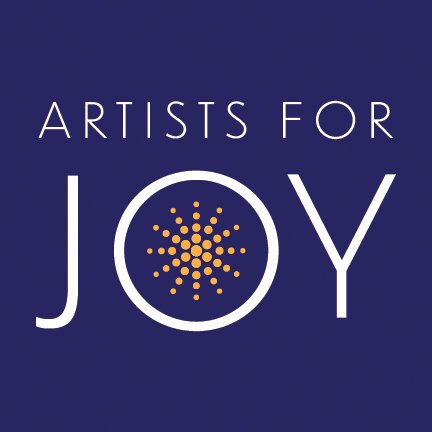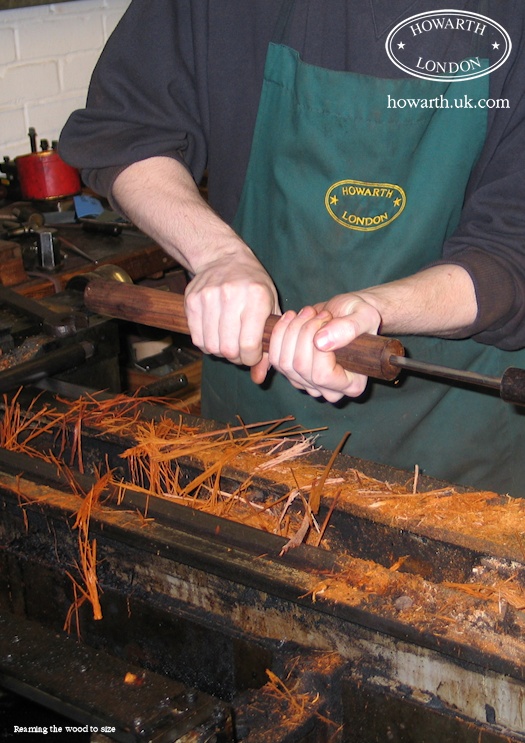Who made the world?
Who made the swan, and the black bear?
Who made the grasshopper?
This grasshopper, I mean-
the one who has flung herself out of the grass,
the one who is eating sugar out of my hand,
who is moving her jaws back and forth instead of up and down-
who is gazing around with her enormous and complicated eyes.
Now she lifts her pale forearms and thoroughly washes her face.
Now she snaps her wings open, and floats away.
I don't know exactly what a prayer is.
I do know how to pay attention, how to fall down
into the grass, how to kneel down in the grass,
how to be idle and blessed, how to stroll through the fields,
which is what I have been doing all day.
Tell me, what else should I have done?
Doesn't everything die at last, and too soon?
Tell me, what is it you plan to do
with your one wild and precious life?
—Mary Oliver
I have this friend who you might call “crunchy.” She drinks out of mason jars in lieu of plastic cups. She makes her own yogurt. She always smells like some earthy essential oil. I enjoy her presence and these idiosyncrasies of her character, even when she is offering unsolicited advice for natural health remedies and pointing out how I can reduce my carbon footprint. I’m constantly inspired by how much she delights in and cherishes God’s creation, even though she wouldn’t call herself a believer in any higher power. I think almost anyone, religious or not, can sense something sacred in nature. I like how Mary Oliver captures that so beautifully in this poem; how it seems the most natural thing ever, when watching grasshoppers, to think about prayer and the brevity of this precious life.
John the Baptist, a preacher and forerunner to Christ, was another character who’d have been called “crunchy” if the term existed in his day. We are told in the Gospel of Matthew that “in those days he [John] came preaching in the wilderness of Judea...his clothes were made of camel’s hair, and he had a leather belt around his waist. His food was locusts and wild honey.” (Matthew 3: 1-3) John’s crunchiness was an important part of his identity, as it fulfilled the prophecy from Isaiah that said, “A voice of one calling in the wilderness, ‘Prepare the way for the Lord, make straight paths for him.’” (Isaiah 40:3)
I’ve often wondered why the news to prepare the way for the Messiah had to come from the wilderness. Why not “a voice of one calling in the temple” or “a voice of one calling in the palace”? I believe it’s another example of God turning our expectations on their head, reminding us to look in the very last place we’d expect to find God acting. Instead of on a powerful stallion, Jesus road into Jerusalem on a humble donkey. It makes perfect sense then that his forerunner was a hippie prophet, who washed away sins, not in some purified fountain of holy water, but in a muddy river right there in the neighborhood. If we are willing to notice, like Mary Oliver does, the simplest, humblest, earthiest things can carry the most sacred and divine significance when we see the way God uses them.
Prayer: God of grasshopper and muddy water, thank you that the voice cried out in the wilderness, as it reminds us of your abundance, in the unabashed blossoming of your world each spring. Thank you for surpassing all of our expectations, for choosing the most unlikely and crunchiest characters to lead us to you. Help us to pay attention, to pray in all the ways that we can, especially by rejoicing in all you have made. Help us as we seek to follow John’s call to prepare the way, help us to understand what that means for us this week. We submit to you all the plans for “our one wild and precious life,” knowing that only in Christ are we offered real freedom. In his name we pray, Amen.




















